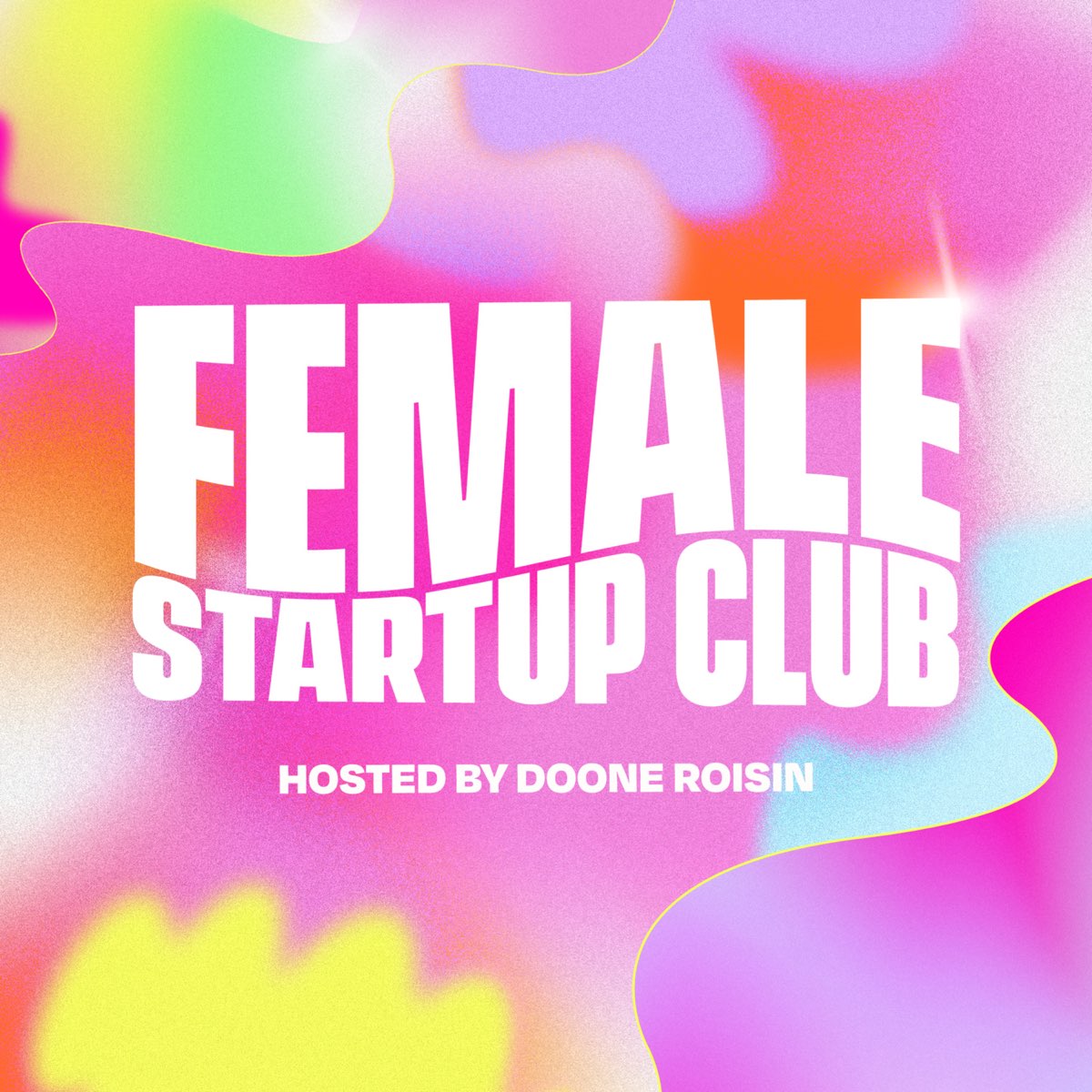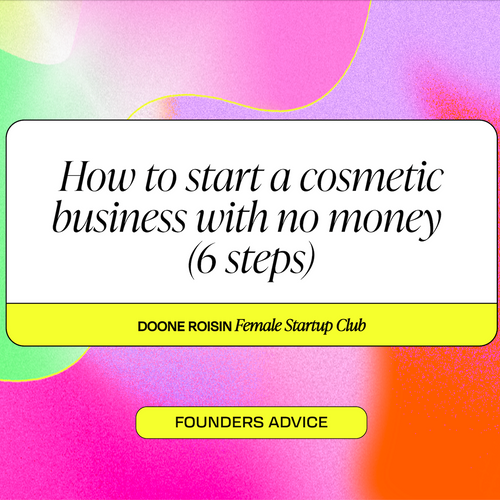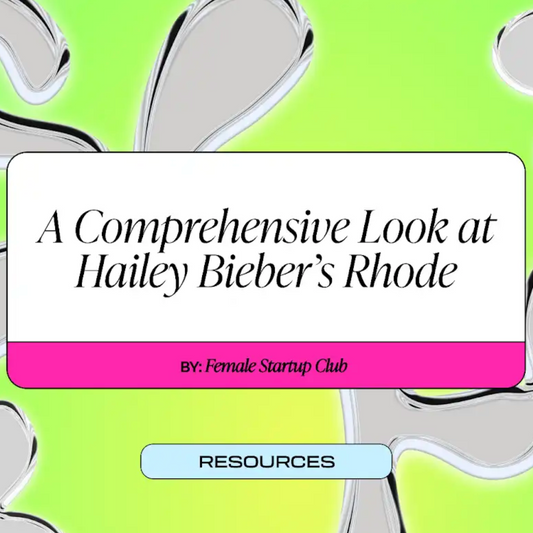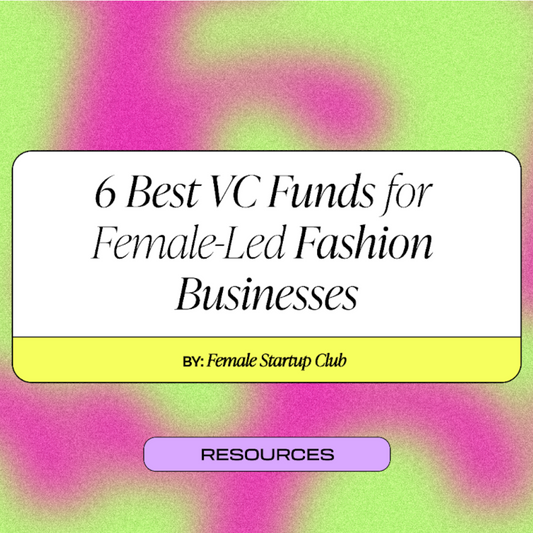Joining me today is Kerrigan Behrens, Co-Founder of Sagely Naturals.
SAGELY NATURALS was created with a simple yet powerful goal in mind: to harness the life-changing benefits of broad-spectrum CBD and natural botanicals to help you do more of what you love. Since 2015, Sagely Naturals has worked hand in hand with chemists and naturopaths to create products with an unwavering dedication to whole self wellness.
Kerrigan has built the fastest growing and the top performing functional wellness brand that harnesses the power of CBD to provide relief. Since its inception, the brand has been and continues to be on the mission to naturally modernize the medicine cabinet with high-quality, accessible offerings that help women feel their best.
In this episode we cover she and her co-founder Kaley got started with $30,000 of their savings that’s gone on to build the largest female founded CBD company in America in just 5 years, some interesting guerilla style marketing strategies they used to launch and have evolved over the years still to this day and how they got on the radar of Cameron Diaz, now one of the many celebrities who are invested in their business.

The Foundation: Consumer Insights
When Kerrigan set out to launch Sagely Naturals, she felt a bit lost. “I called my brand management professor from business school,” she shares, “because I had no idea how to create a brand from scratch.” Her professor’s advice was simple yet powerful: start with consumer insights. With some grant money from UCLA, Kerrigan began her quest to understand the market.
The key question on her mind was: What would stop someone from trying a CBD product? Despite knowing the benefits of CBD, many consumers were hesitant. They associated cannabis with the stigma of getting high, despite their understanding of its medicinal properties. Kerrigan’s goal was clear: create a brand that reassured consumers they could enjoy these benefits without the psychoactive effects.
Creating an Approachable Brand
Through extensive consumer research, Kerrigan discovered that while people acknowledged cannabis’s benefits, their fear of feeling high held them back. “We realized we needed to highlight that CBD provides medicinal benefits without the high,” she explains. This became the central message of Sagely Naturals.
Kerrigan focused on making the brand approachable and inviting. To combat the stigma associated with cannabis, they designed packaging that felt more like a product you’d keep in your medicine cabinet rather than something tied to psychedelic imagery. “Having slightly feminine, really approachable packaging became a priority,” Kerrigan notes.
Testing the Waters
To ensure they were on the right track, Kerrigan and her team conducted informal focus groups, asking people about their impressions of prototypes. “What does this box convey to you?” they’d ask. The feedback was overwhelmingly positive, confirming that they had a product people would use and pay for. With this validation, Kerrigan and her co-founder decided to take the leap and invest their savings into launching the brand.
Navigating Product Development
Kerrigan humorously recalls her mom’s skepticism, asking, “How do you even know how to make CBD products?” While she didn’t have a scientific background, she had one powerful tool at her disposal: Google. Together with her co-founder, they started searching for local contract manufacturers in the Los Angeles area.
“We wanted to be able to sit with the scientists while they formulated the products,” she explains. They found a manufacturer willing to work with small runs, which was essential since they could only afford to produce 500 units initially. Pitching the manufacturer was crucial—Kerrigan had to convince them that they were tapping into an underserved market.
The Financial Challenge
Starting Sagely Naturals wasn’t cheap. The duo invested $30,000, with a significant portion going towards product development. They learned quickly that they couldn’t afford to overproduce without knowing what would resonate with their customers. “Nothing needs to be perfect; it’s all just an iteration,” Kerrigan emphasizes. They launched with one product and a basic website, prioritizing quality over quantity.
Gaining Traction with Zero Marketing Budget
With a tight budget, Kerrigan had to get creative with her marketing. Living in Los Angeles helped; the wellness community was thriving, and they had natural food stores everywhere. They began by knocking on doors of local retailers. Kerrigan recalls visiting a nearby health food store, where she’d built a rapport with the staff. “I was upfront about starting a CBD company,” she says, “and they were willing to help.”
By forming relationships and being authentic about their journey, they found their first retailers and began to build momentum.
Lessons Learned
Kerrigan’s story is one of resilience, creativity, and the importance of consumer insights in driving brand development. Her journey shows that with determination, a willingness to learn, and an understanding of your audience, it’s possible to create a brand that resonates deeply with consumers.
As Sagely Naturals continues to grow, Kerrigan’s commitment to quality and approachability remains at the forefront, paving the way for more women-led businesses in the wellness space. So, whether you're dreaming of launching your own product or just curious about the process, remember that every great brand starts with an idea and a genuine connection to its consumers.



